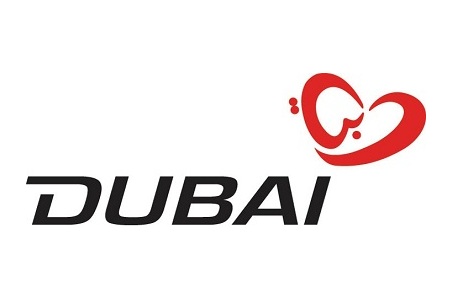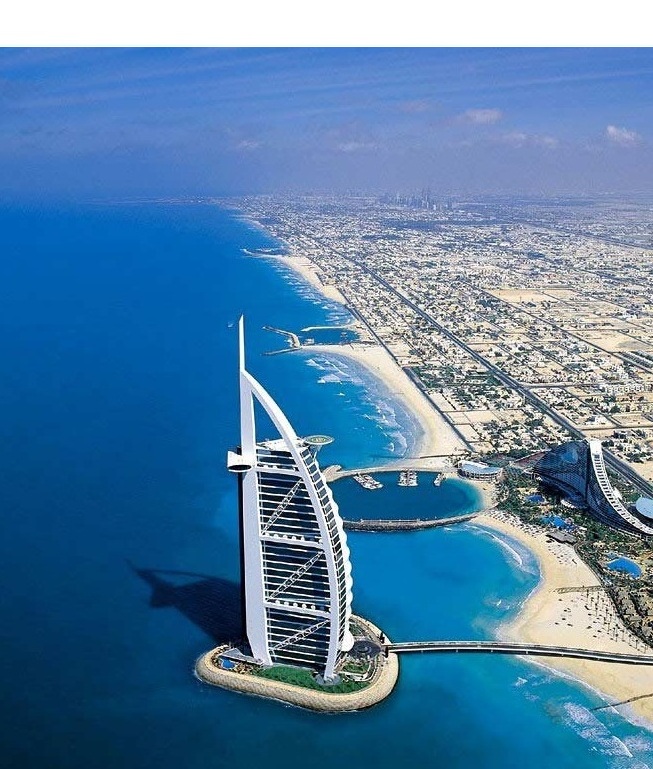Dubai International Financial Center [DIFC]
Focus and Commitment
The DIFC is the world’s newest international financial centre. It aims to develop the same stature as New York, London and Hong Kong. It primarily serves the vast region between Western Europe and East Asia. Since it opened in September 2004, the DIFC has attracted high caliber firms from around the globe as well as its region. A world-class stock exchange, the Dubai International Financial Exchange (DIFX), opened in the DIFC in September 2005.


The DIFC focuses on several sectors of financial activity: Banking Services (Investment Banking, Corporate Banking & Private Banking); Capital Markets (Equity, Debt Instruments, Derivatives and Commodity Trading); Asset Management and Fund Registration; Insurance and Re-insurance; Islamic Finance & Professional Service Providers.
Services
Registrar of Companies office is responsible for registration of legal entities in DIFC. It also has a key role in providing information on DIFC entities.
The main functions of Registrar of Companies are to:
- incorporate/register and dissolve DIFC entities;
- examine and store DIFC entities information delivered under the applicable laws and regulations;
- and make this information available to the public.
FREEZONE
The role of the Registrar of Companies staff is to advise on, receive, review and process all applications submitted by prospective DIFC registrants seeking to establish a presence in the DIFC in accordance with the Companies Law, the General Partnership Law, the Limited Liability Partnerships Law, or Limited Partnership Law and the implementing regulations applicable thereto.
Company Setup Dubai
Benefits of Setting up in the DIFC
Institutions establishing in the DIFC can potentially gain from the following key benefits:
- 100 percent foreign ownership.
- Zero percent tax rate on income and profits.
- An extensive tax treaty network for UAE incorporated entities.
- Freedom to repatriate capital and profits – without restrictions.
- Internationally accepted laws and regulatory processes.
- A world-class, independent, regulatory agency working alongside other financial regulatory agencies located in major global jurisdictions.
- A wholly transparent operating environment, complying with global best practices.
- A dollar denominated environment.
- An international stock exchange with primary and secondary listings of debt and equity instruments.
- A variety of legal vehicles that may be established with capital structuring flexibility.
- A pool of skilled professionals residing in Dubai and the region.
- A modern and efficient transport, communications and internet infrastructure.
- A responsive one stop shop service for visas, work permits and other related requirements.
Establishment of DIFC Registrar of Companies
The Registrar of Companies (ROC) is established under Article 7 of DIFC Law No. 3 of 2006 (Companies Law) as a statutorily created “Centre Body”, as defined in DIFC Law No. 9 of 2004, pursuant to which the principal Centre Bodies of the DIFC were established and assigned their respective roles and responsibilities.
Structure and Management
The incumbent Registrar of Companies (ROC), appointed by resolution of the DIFC President, His Highness Sheikh Mohammed Bin Rashid Al Maktoum, Vice-President and Prime Minister of the UAE and Ruler of Dubai on 17 September 2004, is Dean A. Ferris, CLO of DIFC Authority. In addition to the ROC, the function is staffed with and supported by a Deputy Registrar of Companies, an Assistant Registrar of Companies, Senior Administrative Officer and Registry Documentation.
The Role and Functions of DIFC Registrar of Companies
The role of the ROC staff is to advise on, receive, review and process all applications submitted by prospective DIFC registrants seeking to establish a presence in the DIFC in accordance with the Companies Law, the General Partnership Law, the Limited Liability Partnership Law, or the Limited Partnership Law, and the implementing regulations applicable thereto.
Types of Companies
Under the Companies Law, a prospective registrant may seek to establish a company limited by shares (LTD), limited liability company (LLC) or a branch office of a pre-existing foreign company (Recognized Company). A party may also seek to transfer the incorporation of an existing company to the DIFC from another jurisdiction (Continued Company).
Under the Limited Liability Partnership Law a prospective registrant may seek to establish a limited liability partnership (LLP), or a branch of a pre-existing foreign limited liability partnership (RLLP). Under the General Partnership Law, a prospective registrant may seek to establish a general partnership (GP) or branch of a pre-existing foreign general partnership (RP). Under the Limited Partnership Law, a prospective registrant may seek to establish a limited partnership (LP) or a branch of pre-existing limited partnership (RLP). A party may also seek to transfer the existing limited partnership into DIFC from another jurisdiction (Continued Limited Partnership/Foreign Limited Partnership).
An LTD or LLC, may be established in the DIFC by one or more natural persons or corporate entities (persons). LLPs, GPs and LPs may be established by two or more persons provided in the case of an LLP, that a natural person is the “designated member” of the LLP. The Recognized Company may only be set up by another corporate entity, while the Recognized Partnerships may only be set up by other existing partnerships. While LTDs, LLCs, LLPs and LPs are “incorporated” entities, having separate and independent legal status from their incorporator(s), the Recognized Company and Recognized Partnerships are “registered” entity and, as such, are mere extension (and, for purposes of legal authority and liability, is an inseparable part) of the foreign-incorporated company/partnership through whose head office it is registered in the DIFC. A transfer of incorporation, once completed, has the effect of establishing the transferred company in the DIFC as if it were incorporated under the Companies Law. A transfer of limited partnership, once completed, has the effect of establishing the transferred partnership in the DIFC as if it was incorporated under Limited Partnership Law.
Upon the establishment of an LTD, LLC, LLP or LP, the ROC issues to the incorporator(s) a “Certificate of Incorporation”. Upon the establishment of a Recognized Company or Recognized Partnership/Recognized Limited Liability Partnership/Recognized Limited Partnership the ROC issues to the head office or partnership, respectively, a “Certificate of Registration”. Upon transfer of incorporation or limited partnership to the DIFC, the ROC issues to the transferred company a “Certificate of Continuation”.
In all other respects the three documents are identical in form, bearing the seal and signature of the ROC, the name and status of the incorporated, continued or registered entity, its registration number, and the date of issuance.
Company Formation in Dubai
Non-Regulated Commercial License
According to DIFC Operating Regulations, simultaneously with the issuance of a certificate of incorporation, registration or continuation, the ROC issues a corresponding Commercial License. The purpose of a Commercial License is to expedite contracting for municipal and commercial services essential to the establishment and operation of the licensee’s premises and carrying out its on going operations. The application for a certificate of registration, incorporation or continuation is considered to also be an application for a Commercial License. The Commercial License sets out the license number as well as the licensee’s name, operating name, legal status, address, permitted activities, authorized manager’s name, and the issuance and expiry dates of the license. The Commercial License does not authorize the licensee to undertake Financial Services requiring a DFSA license, as is conspicuously indicated on the Commercial License. The Commercial License is renewed annually, by payment of annual renewal fee to the ROC no later than thirty (30) days after the expiry date.
Doing Business in the DIFC
PricewaterhouseCoopers in collaboration with DIFC Authority issued the guide that has been prepared to assist financial institutions and service providers interested in doing business in the Dubai International Financial Centre. The guide has a similar feel and format to the doing business guides that PricewaterhouseCoopers has published in the past. It is factual and practical in nature, providing financial institutions and service providers with the necessary information on operating from within the DIFC. It seeks to address some of the important business-related questions that may arise. Topics covered include overview of the DIFC, the opportunities and benefits of setting up, business licensing and registration process etc.

